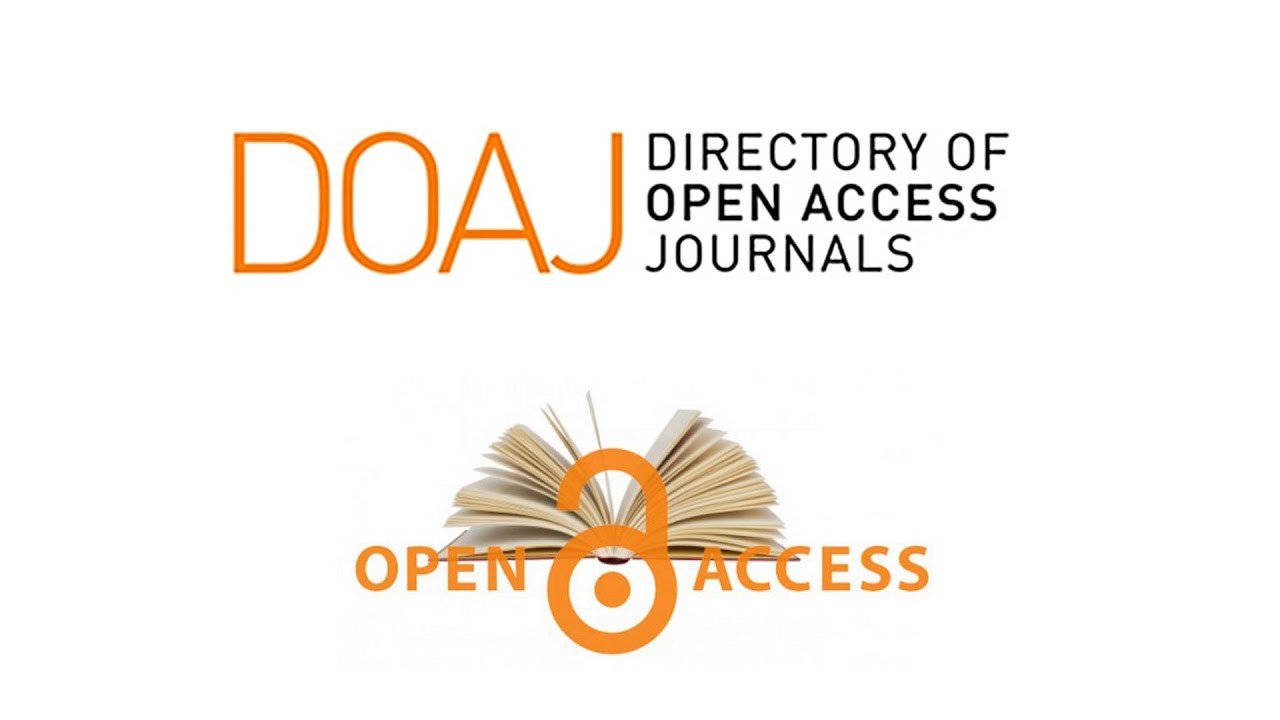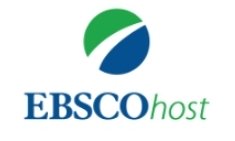Effect of Magnetized water on the growth of the common carp Cyprinus carpio (L., 1758)
DOI:
https://doi.org/10.58629/ijaq.v16i1.468Keywords:
magnetic field, fish growth, Common carpAbstract
Common carp, Cyprinus carpio (L., 1758), fry were used with 0.19 g average weight to estimate the effects of magnetized treated water on fish growth and survival , The experiment was carried out with two treatment and control, 500 fish fi h were randomly distributed at 100 fry fish per replicate per( T1 )and( T2 ) and one replicate for control. Magnetized treated water was used for a period of 24 hours with a magnetized intensity of 1000 gauss in the first treatment, and 1500 gauss in the second treatment. The experiment continued from April to end of June2016. The temperature of the water during the experiment period was ranged 25.9- 27.8 ° C, and oxygen level ranged between (4.8 – 7.1) mg / L. magnetization system was operating 24 hours a day. YSI some environmental factors such as water salinity, pH and water temperature were measured using YSI. Fish were fed twice a day, with 10% of the total weight of fish, with a total protein content of 37%. The gain weight obtained after eight weeks was 1.27±0.049g in (T2), 1.13±0.021g in (T1), while the highest weight in the control treatment reached 0.92±0.007g. The mean of gain weight in the reared fish in (T1) for eight weeks feeding period was 1.10 ± 0.77 g. and in the treatment of 1000 gauss was 0.96 ± 0.67 g, while the mean of gain weight in the control treatment was 0.96 ± 0.53 g. common carp survival rate reared in magnetic water varied under the influence of different magnetic intensities within eight weeks. It was found that the highest survival rate was under the influence of the magnetic intensity of 1500 gauss which was 93%, and the percentage of surviving under magnetic intensity 1000 gauss was 82%, while in the control treatment, it was 45%.Metrics
References
Al-khazan, M. and Saddiq, A. (2010). The effect of magnetic field on the physical, chemical and microbiological properties of the lake water in Saudi Arabia. J. Evol. Biol. Res., 2(1): 7-14. URL
Cutler, C.P. and Cramb, G. (2002). Brachial expression of an aquaporin 3(AQP) homologue is down regulated in the European eel Anguilla following seawater acclimation .J. Exp. Biol., 205:2643-2651. http://dx.doi.org/10.1242/jeb.205.17.2643
Denver, E., executive ed. (1996). Magnets that don't do much to soften water. Consumer Reports. February, p. 8. Dubai, UAE, 43-45. URL
Hussen, M.A. (2002). Magnetic Water treatment is an attractive option (htt//www.1st-in-wellness.com).URL
Formicki, K. and Winnicki, A. (1998). Reactions of fish embryos and larvae to constant magnetic fields .Italian Journal Zoology, 65, suppl.:479-482. URL
Goldsworthy, A.H; Whitney, G. and Morris, M. (1990). Biological Effect of Physically conditioned water. Water Researches, 33:1618-1626. URL
Hemmersbach, R.; Becker, E. and Stockem, W.(1997). Influence of extremely low frequency electromagnetic fields on the swimming behavior of ciliates Bioelectromagnetics, 18: 491-498. URL
Jobling, M. (1993). Bioenergetics feed intake and energy portioning .In: Fish ecophysiology. Rankin, J.c. & Jensen, B. (Eds.). pp. 1-44 London :Chapman & Hall. URL
Lin, I. J. and Yotvat, J. (1990). Exposure of irrigation and drinking water to magnetic field with controlled power and direction. J. Magnetism and Magnetic Materials, 83:525- 526. URL
Magnetic Technologies LLC. (2004). Magnetic Technology Company 2000-2004). Medical and technical application of magnetic technology and devices. http://www.minetceast.comURL
Nagy, T. and Szilagyi, S. (1996). Anti-cancer magnetic therapy. Biotechnology, 57: 170-173. URL
Tesch, F.W.; Westerberg, H. and Karlsson, L. (1992b). Tracking studies on migration silver eels in the ventral Baltic Meres for schung 1, 52-60. URL
Tischler, M. (2006). The magic of magnets. The Science Instruments company and biomagnetics International. Textbook. URL
Tkachenko, Y.P. (1995). Mysteries of magnetic energies. A collection of scientific work on the usage of magnetic energies in Medical Practice. Dubai–UAE: 227- 244 URL
Downloads
Published
How to Cite
Issue
Section
License
Copyright (c) 2023 Iraqi Journal of Aquaculture

This work is licensed under a Creative Commons Attribution 4.0 International License.










